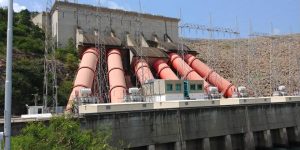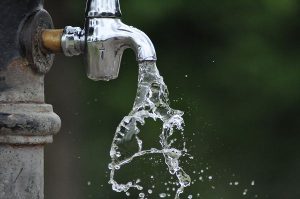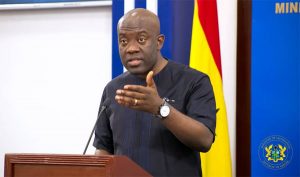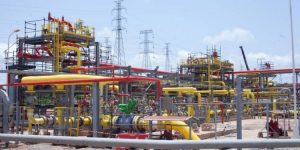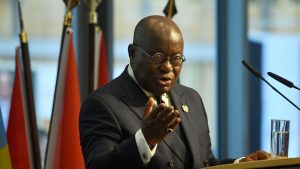Nuclear power, an energy source, is currently under serious consideration in Ghana as nuclear technology has been recognized as an alternative energy source that can generate high-capacity base load electricity at an affordable price and will enhance energy security in the country, the Nuclear Power Institute has said.
A report by the institute on the “Drivers for Nuclear Energy Inclusion in Ghana’s Energy Mix” said the country stands the chance to fulfil its industrial agenda with cost-effective, reliable and resilient electricity by developing the necessary infrastructure for the inclusion of nuclear energy in the country’s energy mix.
“It is important to note, however, that developing a nuclear power programme is a major undertaking requiring strong national leadership to ensure coordination [and] broad political and popular support, and should be owned and promoted by the government,” the institute said.
The institute, which is under the Ghana Atomic Energy Commission (GAEC), said nuclear energy has been used by many advanced countries to diversify their economic environment, saying “Ghana can take the opportunity of introducing nuclear energy to also do the same.”
The institute said Ghana has made considerable progress in the development of its Phase 1 nuclear infrastructure, but still has key studies outstanding.
The deployment of nuclear energy in the energy mix will not only secure electricity supply in the country but also bring other benefits such as high-tech industry promotion, development of a more safety-oriented society, industrialization, and employment, it added.
It said nuclear energy research and development is key to ensuring a viable future for nuclear power as a prime component of Ghana’s energy mix.
Since independence, Ghana has relied on hydropower and fossil (oil and gas) thermal power plants as major sources of electricity. Recently, renewable energy, mainly solar energy, has been added to the energy mix, with new projects being developed.
The institute said Ghana’s ambition to fulfil higher economic growth requires an abundant and affordable supply of electricity through a diverse energy mix.
Against the backdrop of limited available hydropower, the projected decline of available local gas reserves in the early 2030s, and fossil fuel price volatility, the national energy policy recommends diversification of Ghana’s energy mix to include nuclear and coal while increasing the penetration of renewable energy.
The country’s current diversified generation mix consists of 1,580 MW from hydropower, 3,549 MW from thermal, and 42.6 MW from renewables, mainly solar.


